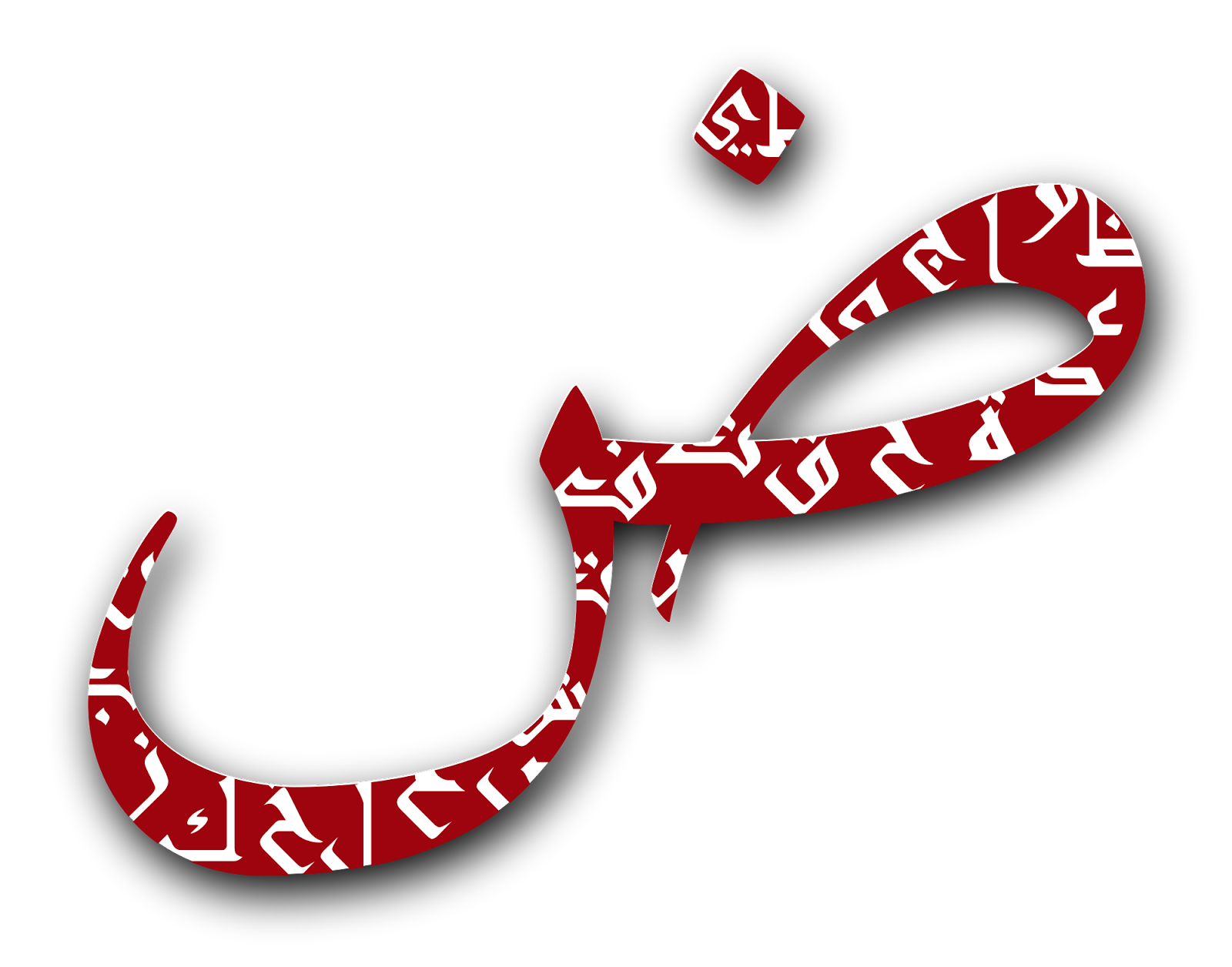Habiibii, Hayaati, and Hayawaan all start with the letter ح, the sound does not exist in English.
With your mouth open, make a raspy, breathy sound as if you’re breathing on glass to fog it up. You wanna constrict the muscles inside your throat so that air can just barely squeeze through.
Your vocal cords should not vibrate.
We transliterate ح as a capital H, so as not to be confused with the h sound in English.
| Transliteration | Eng | عَرَبي |
|---|---|---|
| Habiibii | my love (masc.) | حَبيبي |
| Hayaatii | my life | حَياتي |
| ruHii | my soul | روحي |
| Hayawaan | animal (masc.) | حَيوان |
Imagine you just swallowed a spoonful of very hot chili. And yes when ح is the initial letter it looks like this حـ, so that we can connect the following letter to it. Remember, Arabic is written from Right to Left.
Possessive pronouns
In Arabic, possessive pronouns (like “my”) are attached to the end of the word. To say “my love” you just attach the letter ي to the word حَبيب (love, beloved) = حَبيبي


I love your questions! Arabic, like English, can’t have a vowel sound at the beginning of a word. Yeah words like ‘apple’ or ‘egg’ have a glottal stop sound before the initial vowel, difference is we have a letter to represent the glottal stop while European languages don’t. Like I said, vowels modify consonants, so you need a consonant before the vowel, and you can’t have two vowels together.
For example, in English we write Osama & Amir, but in Arabic they are written as أُسامة، أَمير 'usaama , 'amiir
The أ is the glottal stop here and it’s transliterated as ’ or ʔ sometimes.
You are an excellent student! Yes it means Arabic, and that something is the letter ع, another sound that doesn’t exist in English.
Thanks again, Prof! These are all great answers.